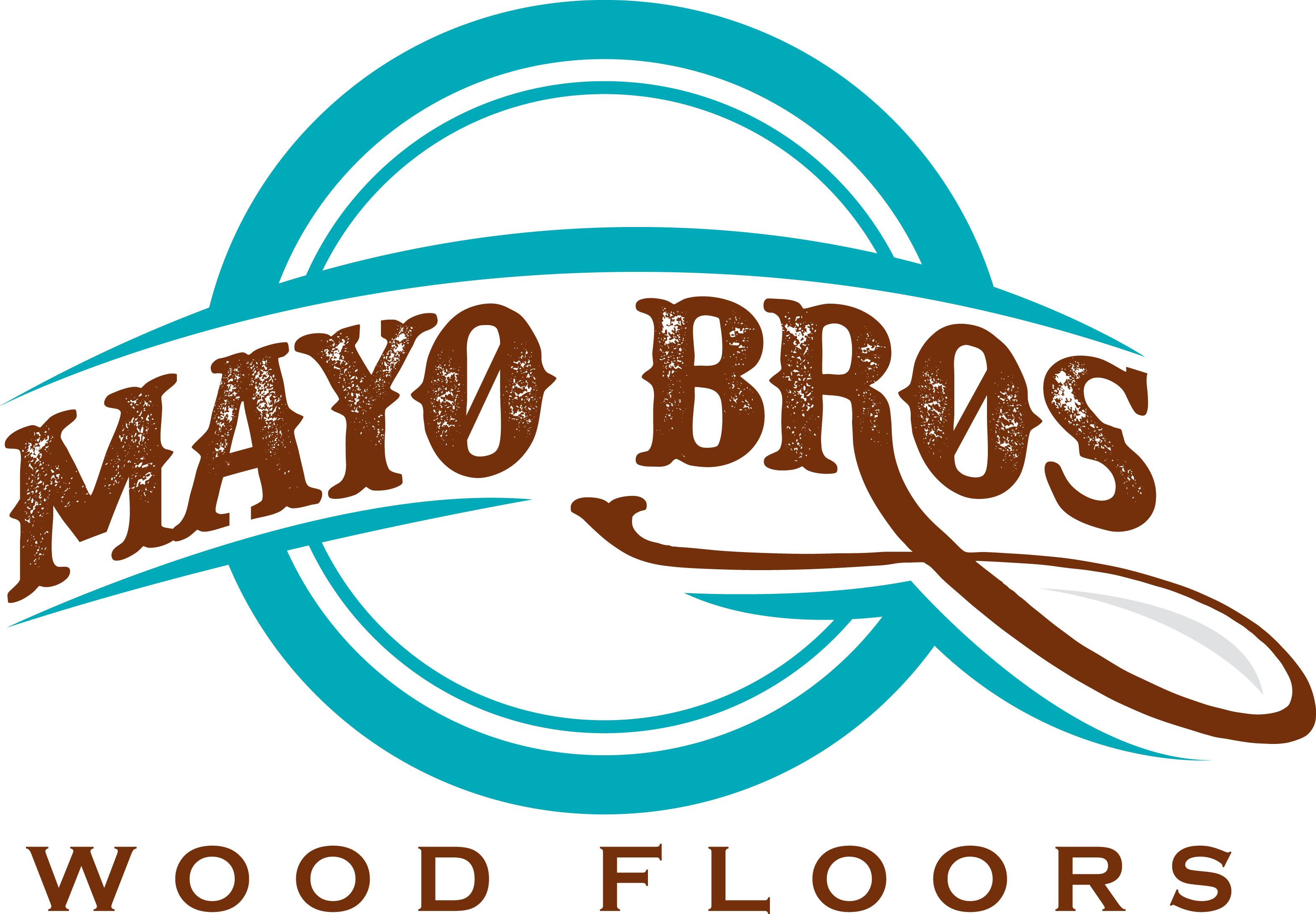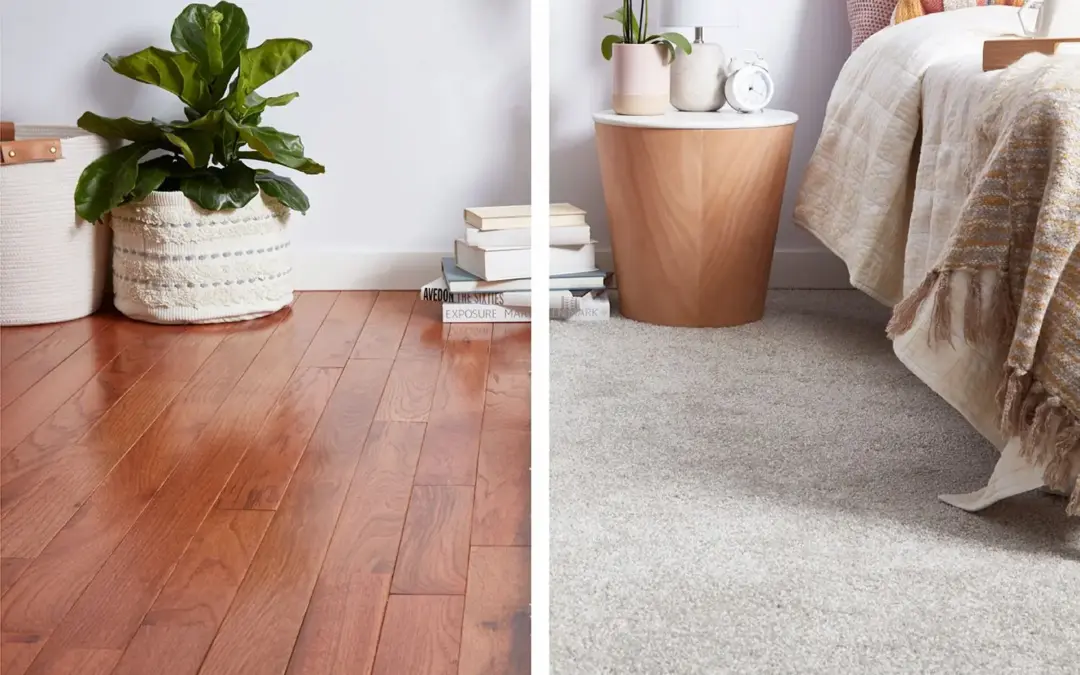When it comes to choosing the right flooring material for your home or office, cost is often a significant factor to consider. Among the various options available, wood and concrete are two popular choices. Both materials have their advantages and drawbacks, but one of the primary concerns for many individuals is the cost. In this article, we will delve into the comparison between wood flooring and concrete in terms of affordability. By exploring their costs and related factors, we aim to help you make an informed decision that suits your budget and requirements.
Cost Factors
To determine which flooring option is cheaper, we need to consider several cost factors associated with both wood and concrete flooring. These factors include material costs, installation costs, and maintenance costs. Let’s examine each of these aspects for both flooring options.
Wood Flooring
Wood flooring offers a timeless and elegant aesthetic that enhances the warmth and charm of any space. However, it’s essential to evaluate the costs involved in choosing this type of flooring.
Material Costs
Wood flooring materials vary in price depending on the type of wood selected. Hardwoods such as oak, maple, and walnut are often more expensive than softwoods like pine or fir. Additionally, engineered wood flooring, which consists of a thin veneer of real wood over plywood, can be a more affordable alternative to solid hardwood.
Installation Costs
The installation costs of wood flooring can vary depending on factors such as the complexity of the project, the type of wood chosen, and the region you reside in. Hiring a professional to install the flooring is recommended to ensure proper installation and avoid any potential issues.
Maintenance Costs
Wood floors require regular maintenance to preserve their beauty and longevity. Maintenance costs can include periodic refinishing, cleaning products, and repairs in case of damage. These expenses should be factored in when considering the overall cost of wood flooring.
Concrete Flooring
Concrete flooring, once commonly associated with industrial settings, has gained popularity in residential and commercial spaces due to its durability and versatility. Let’s explore the cost considerations associated with concrete flooring.
Material Costs
The material costs of concrete flooring can be relatively lower compared to wood flooring. Concrete is readily available and can be poured directly onto the floor slab, eliminating the need for expensive raw materials.
Installation Costs
Concrete flooring installation costs can vary depending on factors such as the complexity of the project, the desired finish, and any additional decorative elements. It is important to note that more intricate designs or finishes may incur higher installation costs.
Maintenance Costs
Concrete floors are generally low-maintenance and require minimal upkeep. Regular cleaning and occasional sealing can help prolong their lifespan. However, if significant damage occurs, repairs might be necessary, which can add to the overall maintenance costs.
Comparative Analysis
When comparing the costs of wood flooring and concrete, it is important to consider the specific requirements of your project and your long-term goals. Here are a few key points to consider:
Wood flooring can have higher material costs, especially for hardwood options, but offers a timeless and elegant aesthetic.
Concrete flooring tends to have lower material costs, making it a more budget-friendly option, and is known for its durability and versatility.
The installation costs for both flooring options can vary based on factors such as complexity and region.
Maintenance costs for wood flooring include refinishing, cleaning products, and potential repairs, while concrete flooring generally requires less maintenance.
Ultimately, the cost comparison between wood flooring and concrete depends on your budget, personal preferences, and the specific needs of your space. It is recommended to consult with flooring professionals to get accurate cost estimates and make an informed decision.
Conclusion
Choosing between wood flooring and concrete involves weighing various factors, including cost. While wood flooring can provide an elegant and timeless look, it often comes with higher material and maintenance costs. On the other hand, concrete flooring offers a more budget-friendly option with lower material and maintenance expenses. By considering your budget, aesthetic preferences, and long-term goals, you can make the right choice for your flooring needs.
FAQs
Is wood flooring more expensive than concrete?
Wood flooring can be more expensive than concrete, especially if you opt for hardwood materials. However, the overall cost depends on various factors such as the type of wood, installation complexity, and region.
What factors can affect the cost of wood flooring?
Factors that can influence the cost of wood flooring include the type of wood chosen, the size and complexity of the installation project, and the location.
Are there any cost-effective alternatives to wood flooring?
Yes, there are cost-effective alternatives to wood flooring. Laminate flooring and engineered wood flooring are popular options that offer the look of hardwood at a more affordable price.
Can concrete flooring be as aesthetically pleasing as wood flooring?
Concrete flooring can be aesthetically pleasing with various design options, including polished finishes, decorative overlays, and staining techniques. It offers a modern and versatile look that can complement different styles.
Which flooring option is more durable, wood or concrete?
Concrete flooring is generally more durable and resistant to wear and tear compared to wood flooring. However, the durability of wood flooring can be enhanced by choosing harder wood species and properly maintaining the floors.

